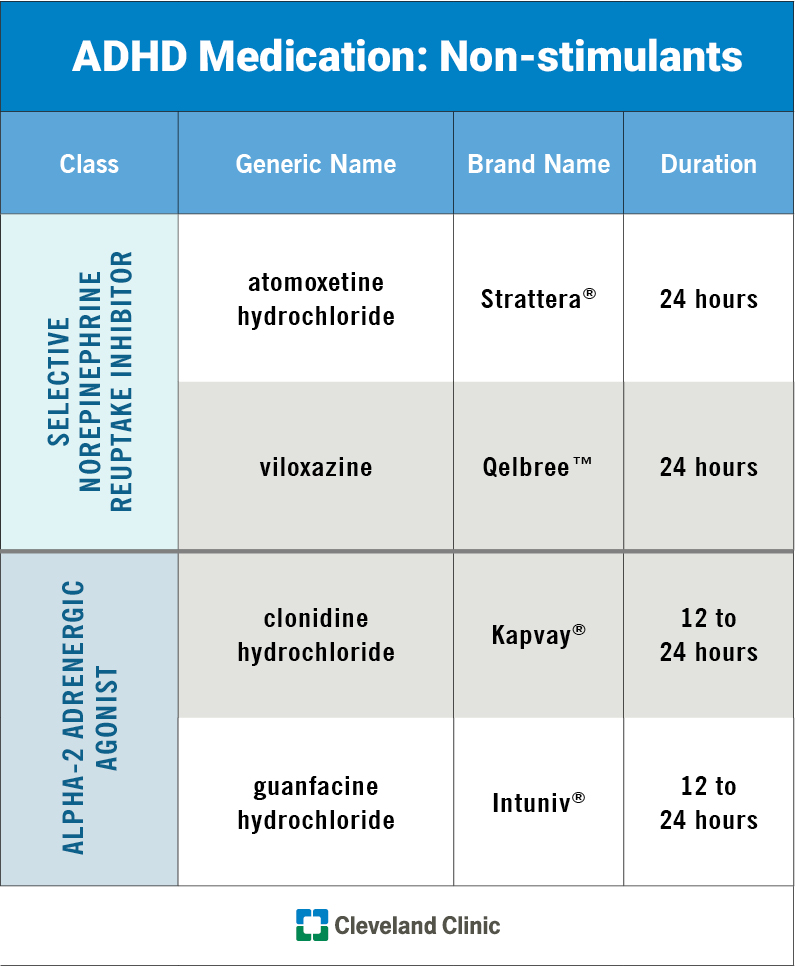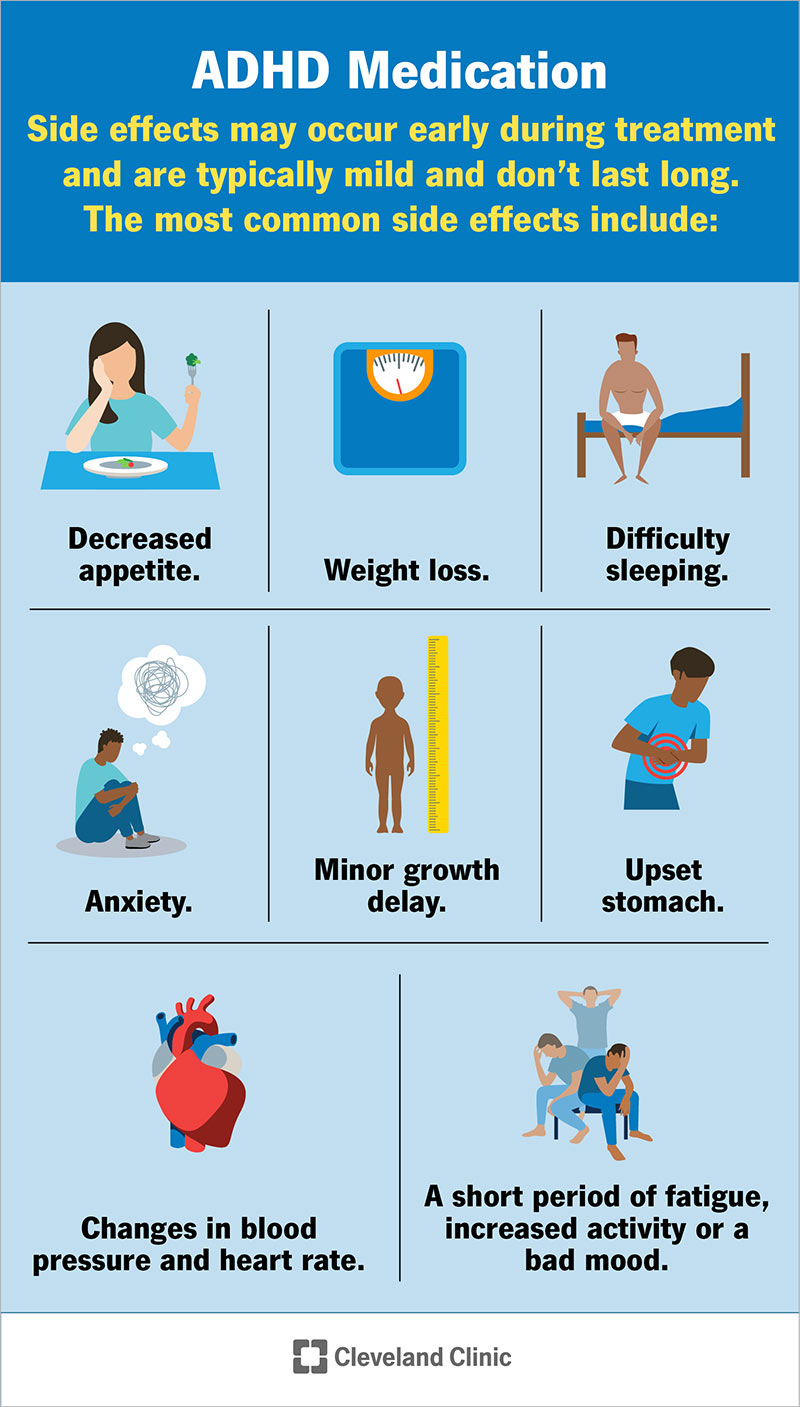Your Guide to Locating the Right ADHD Treatment for Long-term Results
Browsing the complexities of ADHD therapy calls for a nuanced understanding of both the disorder and the myriad choices available for efficient monitoring. It is vital to identify that what benefit one individual might not necessarily produce the exact same outcomes for another. Therefore, a customized technique-- integrating professional support, medication, behavior techniques, and way of living modifications-- comes to be critical. However, the trip toward determining one of the most ideal therapy strategy can be laden with obstacles. What are the essential aspects that affect successful end results, and just how can people ensure they are on the appropriate path?
Comprehending ADHD and Its Impact

In grownups, ADHD can lead to challenges in workplace settings, influencing performance, time monitoring, and social connections. Frequently, undiagnosed or improperly managed ADHD can contribute to co-occurring mental health and wellness concerns, such as anxiety and anxiety, more making complex an individual's overall well-being.
The societal assumption of ADHD can vary, bring about stigma and misunderstanding, which may impede people from looking for help. As understanding expands, it is vital to cultivate an environment that advertises understanding and support for those impacted by ADHD, highlighting the demand for accurate diagnosis and customized methods to reduce its effect on day-to-day life.
Review of Therapy Choices
A thorough strategy to treating ADHD incorporates a variety of options tailored to the person's special demands. These choices can generally be classified right into behavior interventions, psychoeducation, and way of living modifications, together with pharmacological treatments that may be explored later.
Behavior interventions, such as cognitive-behavioral therapy (CBT), concentrate on customizing certain habits and creating coping methods to manage signs efficiently. Psychoeducation plays a vital duty in encouraging both individuals and their households by providing information regarding ADHD, its obstacles, and reliable approaches for assistance.
Way of living adjustments can dramatically impact ADHD monitoring. Routine physical task, a balanced diet, and sufficient sleep add to general health and signs and symptom control. Mindfulness methods and relaxation techniques can additionally enhance emphasis and minimize impulsivity.
Assistance groups and family therapy can cultivate a feeling of area and understanding, helping people feel psychiatrist covered by ohip less isolated in their experiences. Each therapy choice must be taken into consideration in look these up combination with the person's preferences and situations, ensuring an alternative technique that promotes long-term success. Inevitably, the goal is to produce a customized therapy strategy that addresses the specific obstacles connected with ADHD while improving total lifestyle.
Medicine: Advantages And Disadvantages
Drug plays a pivotal function in the treatment of ADHD, with numerous options readily available that can substantially ease signs for several individuals. Stimulants, such as methylphenidate and amphetamines, are frequently recommended and have shown efficiency in improving focus, decreasing impulsivity, and boosting general habits. These medications function by enhancing dopamine and norepinephrine levels in the mind, which are commonly dysregulated in those with ADHD.
Nonetheless, making use of medicine is not without its challenges. Some people may experience adverse effects, including sleeping disorders, reduced cravings, or raised stress and anxiety. Finding the appropriate dose can be a trial-and-error procedure, needing close surveillance by medical care experts. Additionally, not all clients react to stimulant medications, leading some to discover non-stimulant alternatives, which may have a postponed start of activity or different negative effects.
It is crucial for individuals and their households to consider these pros and cons meticulously. Stabilizing the advantages of signs and symptom monitoring versus prospective side results is crucial for accomplishing optimal treatment outcomes. Partnership with doctor can promote educated choices, guaranteeing that medicine is component of a detailed ADHD administration strategy.
Behavioral Therapy Techniques

One frequently employed approach is Cognitive Behavior modification (CBT), which assists people determine and transform adverse thought patterns that add to ADHD-related challenges. Therapist for ADHD. Via CBT, customers learn to set realistic goals, handle time successfully, and develop business systems
An additional reliable strategy is Parent Management Training (PMT), which educates parents on just how to strengthen favorable behaviors and lower unfavorable ones through consistent technique and interaction techniques. This technique cultivates an encouraging home setting that urges behavior improvements.
Social skills training my explanation is also important, helping individuals with ADHD navigate social interactions better. Role-playing and modeling appropriate habits can enhance social proficiency and lower anxiousness in social scenarios.
Way Of Life Modifications for Better Administration
How can lifestyle adjustments significantly improve the monitoring of ADHD symptoms? Applying critical way of life modifications can cause considerable enhancements in emphasis, organization, and psychological policy for people with ADHD.
To start with, developing a structured day-to-day routine aids in creating predictability, which can alleviate feelings of bewilder. Regular routines for meals, research, and rest can improve daily performance.
Incorporating normal physical activity is likewise vital, as exercise has actually been shown to increase dopamine levels, boosting focus and inspiration (Therapist for ADHD). Intending for at the very least 30 minutes of modest exercise most days can be valuable
Nourishment plays a crucial duty as well. A well balanced diet rich in omega-3 fatty acids, entire grains, and protein can sustain cognitive function. Restricting processed sugars and high levels of caffeine might lower signs, as these can bring about energy crashes and impatience.
Final Thought
In conclusion, finding the appropriate ADHD treatment requires a multifaceted approach that takes into consideration specific needs and choices. Cooperation with health care professionals and open interaction with support networks are vital elements in browsing the intricacies of ADHD monitoring, eventually leading to long-term results and improved high quality of life.
Comments on “Mental Health Services Focused on Individualized Support”